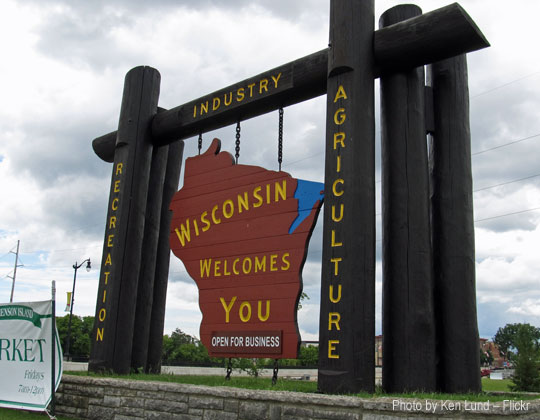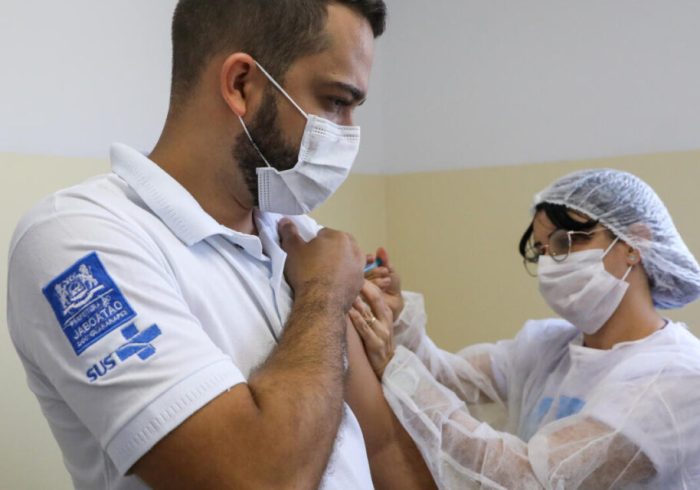The U.S. Government Urges Progress in Florida Sports Betting Case
The landscape of sports betting in the United States has been rapidly evolving in recent years, with several states legalizing and regulating the industry. However, one state that has been slow to embrace this change is Florida. The U.S. government is now urging progress in a sports betting case that could have significant implications for the state’s gambling industry.
Currently, sports betting is illegal in Florida, with the exception of horse racing and jai alai. This means that residents of the Sunshine State are unable to legally place bets on their favorite sports teams or events. However, this could soon change if the ongoing legal battle over sports betting reaches a favorable outcome.
The case revolves around the Seminole Tribe of Florida, which operates several casinos in the state. The tribe has been seeking to expand its gambling operations to include sports betting, but it has faced opposition from other gambling interests and lawmakers who argue that any expansion of gambling should be subject to a statewide vote.
In 2018, the U.S. Supreme Court struck down a federal law that had effectively banned sports betting in most states. This decision opened the door for individual states to legalize and regulate the industry as they saw fit. Since then, numerous states have taken advantage of this ruling and have implemented their own sports betting laws.
However, Florida has been slow to act, and the Seminole Tribe’s efforts to offer sports betting have been met with resistance. The tribe entered into a compact with former Governor Rick Scott in 2010, which gave it exclusive rights to offer certain types of gambling in exchange for revenue sharing with the state. The compact expired in 2015, but the tribe continued to operate under its terms.
In 2019, current Governor Ron DeSantis negotiated a new compact with the tribe, which would allow them to offer sports betting at their casinos. However, this agreement has yet to be approved by the Florida Legislature, and it has faced opposition from lawmakers who believe that any expansion of gambling should be subject to a statewide vote.
The U.S. government has now weighed in on the matter, urging the court to allow the case to proceed and to ultimately rule in favor of the Seminole Tribe. In a court filing, the Department of Justice argued that the tribe’s exclusive rights to offer certain types of gambling, including sports betting, should be upheld.
The outcome of this case could have significant implications for the future of sports betting in Florida. If the court rules in favor of the Seminole Tribe, it could pave the way for legal sports betting in the state. This would not only provide a new source of revenue for the tribe and the state but would also give Florida residents the opportunity to legally bet on their favorite sports teams and events.
On the other hand, if the court rules against the Seminole Tribe, it could further delay the legalization of sports betting in Florida. This would mean that residents would continue to be unable to legally place bets on sports, potentially driving them to offshore or illegal gambling operators.
The U.S. government’s urging for progress in this case highlights the growing acceptance and recognition of sports betting as a legitimate industry. With more states legalizing and regulating sports betting, it is becoming increasingly clear that this is an area that cannot be ignored. The potential economic benefits and consumer protections offered by a regulated sports betting market are too significant to overlook.
As the legal battle over sports betting in Florida continues, all eyes will be on the court’s decision. The outcome of this case could shape the future of sports betting not only in Florida but also in other states that are still grappling with the issue. It remains to be seen whether Florida will join the growing list of states that have embraced this industry or if it will continue to lag behind.



